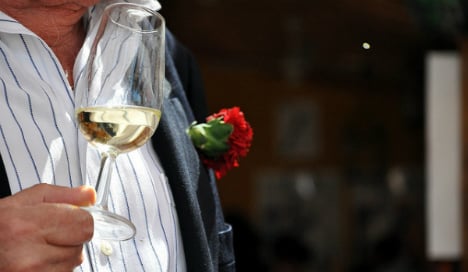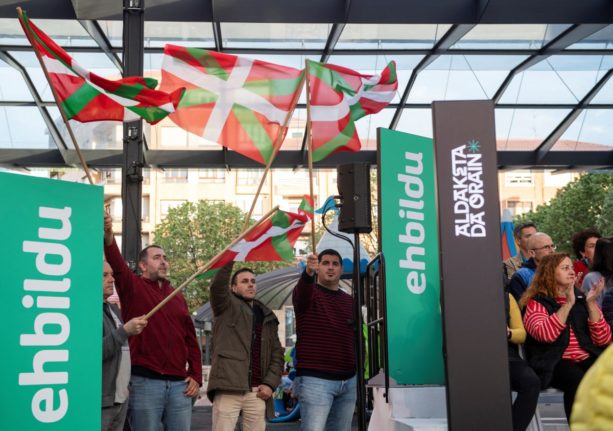Finance Minister Cristobal Montoro on Friday outlined proposed tax rises to cut the deficit, including an increase in levies on alcohol and tobacco products, and a new sugar tax on soft drinks.
Re-instated last month after a lengthy period of political limbo caused by two inconclusive elections, Spain's conservative government finds itself stuck between a rock and a hard place.
On the one hand, it has made commitments to Brussels to reduce Spain's deficit and debt, and on the other, it faces unprecedented parliamentary opposition and demands to put a stop to years of crisis-induced austerity.
Montoro predicted that the deficit would fall to 2.2 percent of GDP in 2018, “below (the EU limit of) three percent.”
Already under intense EU scrutiny, Spain expects to cut its deficit from 5.1 percent to 4.6 percent of GDP this year, and to 3.1 percent in 2017.
Minimum wage rise
Montoro acknowledged it was a tough task.
“To reduce it to 3.1 is without a doubt a big effort,” he said, adding this would involve an adjustment of around €16 billion ($17 billion).
“Who are we asking to make that effort? Families, the self-employed, small and medium-sized enterprises? Absolutely not,” he said, adding the government would ask those with significant financial muscle such as big companies.
He said Spain's corporate tax would remain unchanged at 25 percent, but companies would benefit from fewer rebates, bringing in an extra €4.3 billion.
The country's minimum wage, meanwhile, will be raised by 8 percent next year to €825.5, as demanded by the main opposition Socialists — higher than that of neighbouring Portugal, but far lower than the €1,467 in France.
Sitting next to him, Economy Minister Luis de Guindos broached the sensitive subject of unemployment, which the conservative government is aiming to address after years of economic crisis.
Now significantly better compared to 2013 when it came close to 27 percent, Spain's jobless rate is still the second worst in the European Union, after Greece.
De Guindos predicted unemployment would come in at 19.6 percent this year, falling thereafter to 12.8 percent in 2019.
Slight drop in debt
The conservative government of Prime Minister Mariano Rajoy has long feted the progressive drop in unemployment, putting it down to a labour law reform adopted in 2012.
This reduced severance pay and introduced a new permanent contract with a one-year trial period.
This flexibility helped boost the car industry in Spain – the second carmaker in Europe after Germany – as well as jobs, with one million posts created in 2014 and 2015.
But the vast majority of those posts are short-term and unstable contracts. Part of the drop in unemployment is attributed to a fall in the working-age population, with the departure of immigrants and, to a lesser extent, of young Spaniards fleeing the crisis and looking for a better life elsewhere.
De Guindos on Friday maintained his prediction for growth, which is due to come in at 3.2 percent this year, and 2.5 percent in 2017 – one of the eurozone's best performers.
Spain has benefited from a drop in the prices of petrol and interest rates and the depreciation of the euro.
But the central bank warns that these may all rise again next year, and that household and company spending, as well as exports, could dwindle.
In terms of Spain's sky-high public debt, Montoro said it would come in at 99 percent of GDP in 2017, falling to 95.4 percent in 2019.
By Michaela Cancela-Kieffer / AFP





 Please whitelist us to continue reading.
Please whitelist us to continue reading.
Member comments